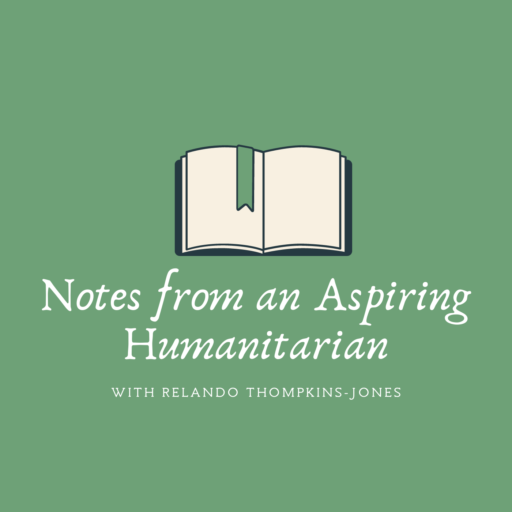In this video from the folks at AJ+, Dena Takruri interviews people on the street about white privilege.
What is white privilege to you?
From Aspiring Humanitarian, Relando Thompkins-Jones, MSW, LLMSW
—————————————————————————————————————————
(N.A.H.) is advertisement-free and reader supported. If you enjoy my notes, consider supporting (N.A.H.) with a one-time donation or by becoming a monthly patron.
—————————————————————————————————————————
Discover more from Notes from an Aspiring Humanitarian
Subscribe to get the latest posts sent to your email.






















This topic always interests me, primarily because of how confusing privilege gets when you take intersectionality into account. I of course think that white privilege exists. But, I don’t know if I believe that very many people experience full white privilege that isn’t somehow compromised by some form of oppression based on gender, ability, socioeconomic status, or sexual orientation. So, I believe in the reality of privilege, but I am critical of how it is traditionally articulated. I don’t think that being critical of the concept of privileges should keep us from challenging and dismantling the systems that create privilege though. I just think that when it comes to specific privileges, that they are relevant when compared to other people based on that specific identity category or standpoint in life. For instance, does a disabled white person really have more privilege than an able-bodied person of color? If we are only taking their races into account, then yes. When we take ableism into account, I’m not so sure. There are so many impoverished white people who have no access to education. Of course, people of color experience more impoverishment and lack of access to education based on race (that would be the race-based privilege or lack thereof). But, my point is that when a white person doesn’t have economic access to resources, can they really be said to possess their full white privilege? Maybe privilege is not something that people possess continuously over time, but something outside of people that they can sometimes access and sometimes cannot. This is a good post and a good question. Makes me think. Sorry for leaving a full blown paragraph in your comments.
Thank you so much for visiting, and for leaving a comment. No need to ever apologize for the length of your comments here, and if you ever choose to comment on any of my other notes in the future.
That would be one of the critiques I would have of the video, being that it was not particularly intersectional. Thinking of intersectionality isn’t as confusing for me these days because I’ve internalized that we’re all implicated somehow in terms of the unearned benefits we receive from our privileged identities.
I think it’s critically important to consider intersectionality in social justice work, but I have also witnessed the interjection of intersectionality used as a method to avoid acknowledging responsibility for oppressive behaviors or complicity with oppressive systems when discussing specific aspects of privilege.
Although I don’t always immediately think of myself as privileged when it comes to my identity as a black male, in many ways, I still benefit from a society that promotes men and subjugates women, including women of color.
A white person who does not have access to economic resources, still lives in, and benefits from a society that promotes whiteness above all else, and can still experience wide representations of themselves in history, media, education, etc, among a host of other advantages that could assist them in navigating the system, including changing their socioeconomic status in ways a person of color could not have access to.
Although we are all privileged and oppressed in different ways, our oppression in one area doesn’t negate our unearned privilege in another, and the same is true in reverse. Our unearned privilege in some areas doesn’t negate our oppression in others.
I’m glad that the video, and the question made you think, and your questions about access to privilege made me think deeply as well.